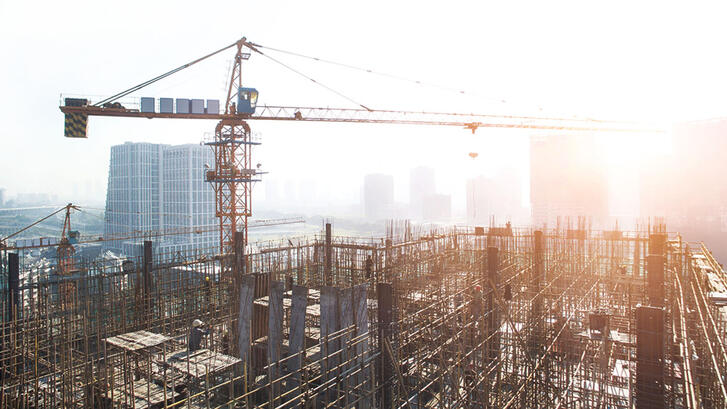Decoding China’s Economic Slowdown: A Roundtable Discussion
Decoding China’s Economic Slowdown: A Roundtable Discussion
The Stanford Center on China’s Economy and Institutions and Asia Society Policy Institute’s Center for China Analysis co-organized a closed-door roundtable on China's recent economic slowdown and produced summary report of the discussion.
China’s economy registered an average annual growth of 9.5% from the start of reforms in 1978 until 2019. Throughout this period, economic performance was a key indicator of China’s success and served as a critical pillar of the Chinese Communist Party’s legitimacy. Over the past five years, however, China’s leadership has taken an ideological turn under Xi Jinping, and economic growth has no longer been a top priority.
To examine the myriad factors behind China’s recent economic slowdown and, more importantly, consider where China might be headed, the Stanford Center on China’s Economy and Institutions and Asia Society Policy Institute’s Center for China Analysis co-organized the fourth in their series of closed-door roundtables. Held in April 2024 and conducted under the Chatham House Rule, the roundtable brought together leading experts on the Chinese economy for a discussion focused on the following questions:
- What is the mix of determinants — cyclical, structural, and political — for slower economic growth in China?
- How much can China’s recent economic woes be attributed to Beijing’s own policy mistakes, and how much to tensions between China’s hybrid Leninist political regime and the dynamism of a market economy?
- What are the potential political, social, and geopolitical consequences of the slowdown?
- If the slowdown continues, or even worsens, could the leadership’s priorities shift? If so, what policy measures or structural reforms might reverse the slowdown and preempt some of the broader consequences?
In partnership with Asia Society Policy Institute's Center for China Analysis


